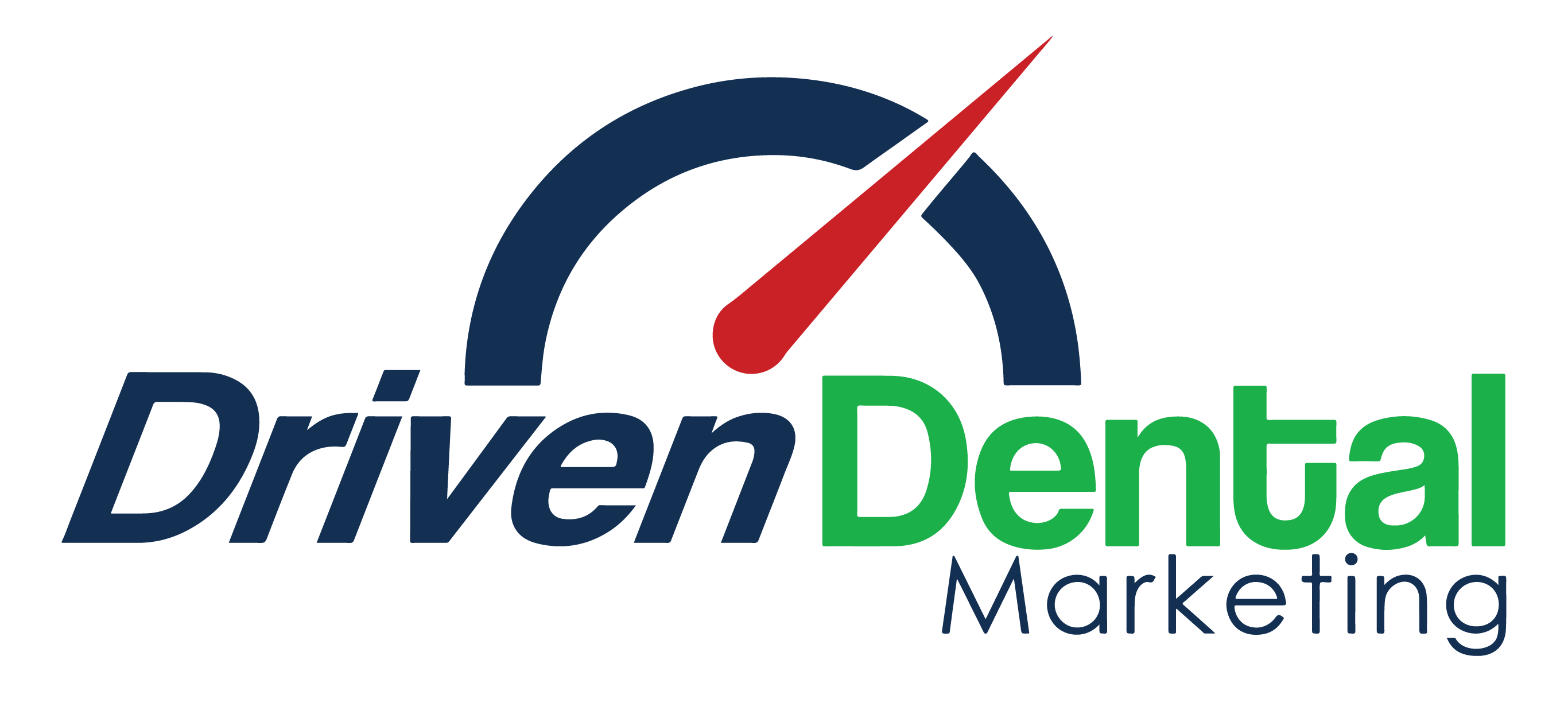Many dentists see the value in offering patients in-house financing for dental implants. Because dental implants are such a high-revenue procedure, affordability is often a major obstacle that keeps patients from moving forward.
Being able to help patients afford their dental implants can help overcome that obstacle, but in-house financing doesn’t come without challenges, such as patients defaulting, or your team having to chase patients for payments. Those and other challenges naturally make many practices hesitate to provide an in-house financing program for dental implant patients.
Fortunately, you can relieve some of that anxiety and reduce the risks of in-house financing programs. Here are five ways to reduce your risk. Together, these five ways can help you significantly reduce your chances of getting burned.
Vet Patients Thoroughly
Don’t make your in-house financing program a last resort for patients who can’t get approved for other third-party financing options. In-house financing should be something you set up to be mutually beneficial for you and your patients.
Thus, if a patient can’t get approved with a third-party financing company, be careful extending them credit through your in-house program. Treat your in-house financing program as a first option, rather than a last one, and focus on credit-worthy patients who just might not have the extra cash available to pay for their treatment in full.
Collect a Down Payment
In our interview with Dr. Bruce Baird of Compassionate Finance, Dr. Baird suggested doctors collect a down payment that at least covers hard costs. This way, if a patient ends up defaulting down the road, you limit your losses and don’t end up losing money on a procedure. You just lose the upside.
Require Autopay
One of the best ways to ensure people make payments when due is to require patients to enroll in autopay for their monthly payments. In addition to making it more likely that they pay, it helps you avoid wasting time chasing patients for payments.
Work with Patients so They Can Afford Their Payment
Provide longer repayment periods so patients can afford their monthly payments. Although dentists are often reluctant to offer longer terms because they are concerned that they won’t get the money back, offering longer terms has two important benefits. First, the lower monthly payment reduces the risk that a patient won’t have the money or ability to make their payment to you when due. Second, the lower monthly payment gets more patients to move forward with their treatment.
Forcing patients to pay with only a few installments significantly raises the monthly payment requirements and increases the likelihood that a patient will default.
Get Help
Offering in-house financing doesn’t mean you need to do everything alone. Partnering with an official financing platform or another third-party financing company can help you significantly reduce your risks and make your life much easier.
In fact, the costs of working with official financial platforms or other third-party financing company costs are generally similar to the cost of time and resources it takes to manage collections yourself.
Platforms like Compassionate Finance make this easy and offer an added benefit of acting like a buffer between you and your patients, which appears more official. Having a neutral third party like Compassionate Finance involved with traditional payment structures and communication can influence how patients prioritize their bills. This lets patients know there is recourse in place for late or missed payments.
Outside financing companies also track their collection performance on your account and across others. They can also help you collect a higher percentage than you could yourself because that’s their primary business.
Is In-House Financing Right for Your Dental Practice?
In-house financing programs are not for every dentist. While they do help more patients move forward, there’s definitely risk that some percentage of patients who move forward will default. These five strategies can help you significantly reduce those risks while helping you get more patients to move forward with the life-changing dental implants they need.
So, if you’re comfortable assuming some risk and make wise decisions as you execute your in-house financing program, you could benefit from greater case acceptance and higher long-term cash flow as more patients move forward and your repayment revenue compounds.
Have you added in-house financing to your practice? What has your experience been? What are some of the ways you reduce your risk of getting burned?
